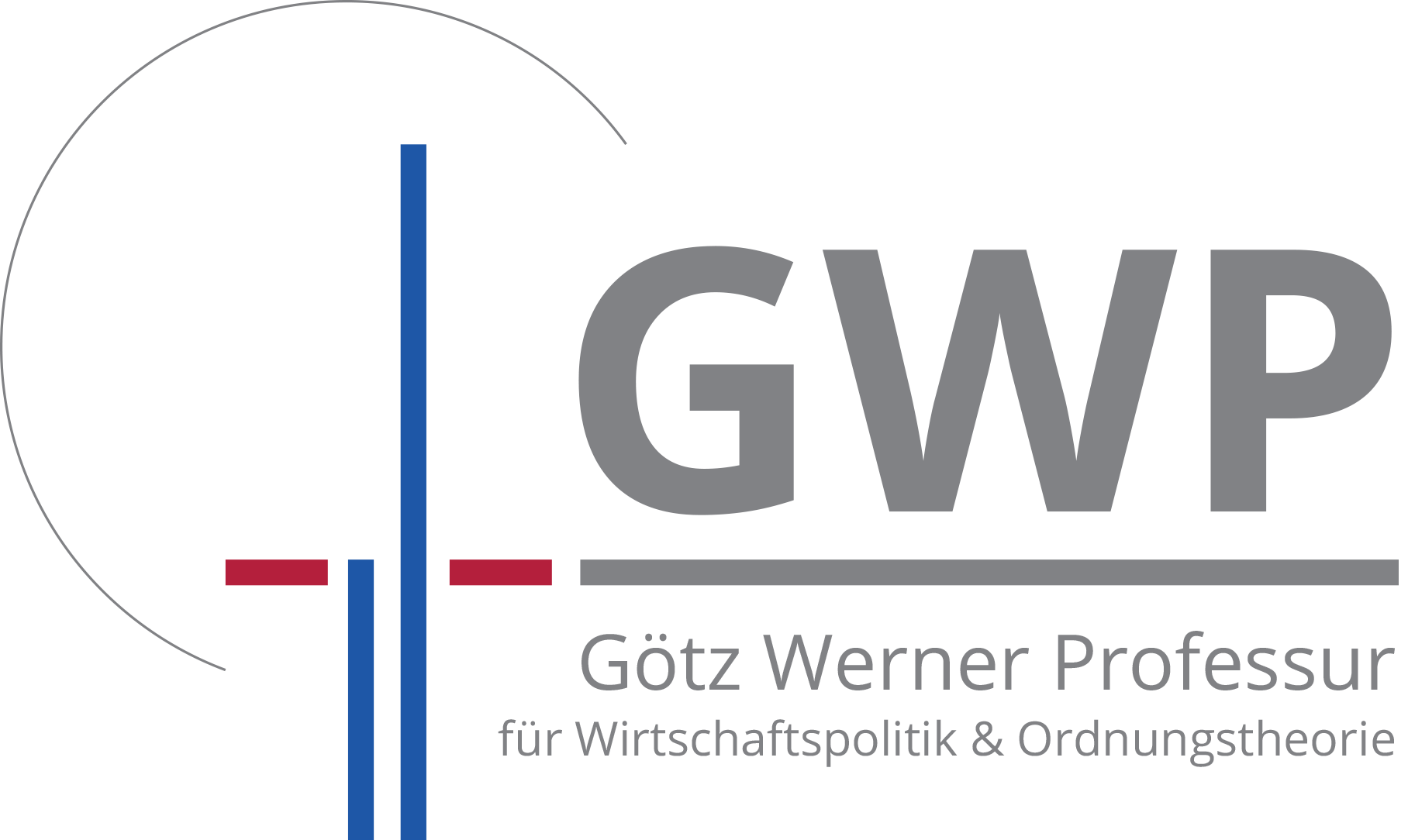Wissenschaftlicher Mitarbeiter
Mail: marcel.franke@vwl.uni-freiburg.de
Tel.: +49 – (0)761 – 203-2318
Raum: 03010 Rempartstraße 16
Sprechzeiten: nach Vereinbarung
Forschungsinteressen und Themengebiete:
- Bedingungsloses Grundeinkommen
- Constitutional Economics & Ordnungspolitik
- Economics of Social Justice
Journal Articles:
- Kuang, L., Franke, M., Neumärker, B., & Davies, C. (2023). A contractarian view on Homann’s ethical approach. Zeitschrift für Wirtschafts- und Unternehmensethik, 24(2), 125-149. https://doi.org/10.5771/1439-880X-2023-2-125
- Franke, M. (2022). Envy and blame in the UBI discussion. Basic Income Studies, 18(1), 89-121. https://doi.org/10.1515/bis-2021-0035
- Franke, M., & Neumärker, B. (2022). A climate alliance through transfer: Transfer design in an economic conflict model. World, 3, 112–125. https://doi.org/10.3390/world3010006
Book Chapters:
- Davies, C., Franke, M., Malmberg, E., & Neumärker, B. (2024). On the governance of basic income. In B. Neumärker & J. Schulz (Eds.), Care & gender – Potentials & risks of universal basic income (UBI) (Vol. 5, pp. 191–222). Lit Verlag.
- Franke, M., & Jäger, T. (2022). Nash bargaining with a social preference. In B. Neumärker & J. Schulz (Eds.), Financial issues of a universal basic income (UBI) (Vol. 1, pp. 71–106). Lit Verlag.
Working Papers:
- Blum, B., Franke, M., Malmberg, E., Neumärker, B., & Weinel, J. (2023). The new ordoliberalism: A case for UBI? Constitutional Economic Network Papers, (1), 1–40.
- (Already published in zfwu 2023) Davies, C., Franke, M., Kuang, L., & Neumärker, B. (2022). A contractarian view on Homann’s ethical approach: The vision of ’new ordoliberalism.‘ Constitutional Economic Network Papers, (1), 1-23.
- Franke, M. (2022). Transfer in a conflict model as a reason for (unconditional) basic income. FRIBIS Discussion Paper, (3), 1–22. https://doi.org/10.6094/FRIBIS/DiscussionPaper/7/03-2022
- Franke, M. (2021). Eine Verhandlung zur Selektion der konstitutionenökonomischen Lösung. Constitutional Economic Network Papers, (3), 1–40.
